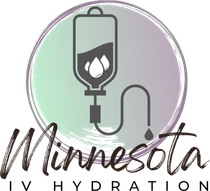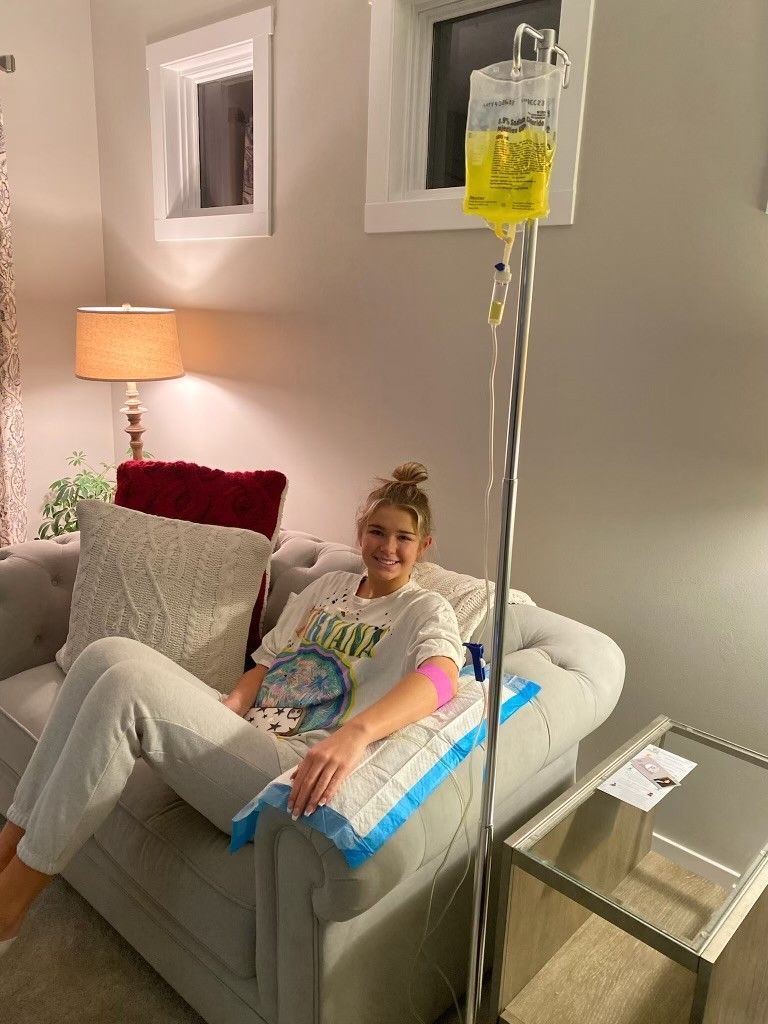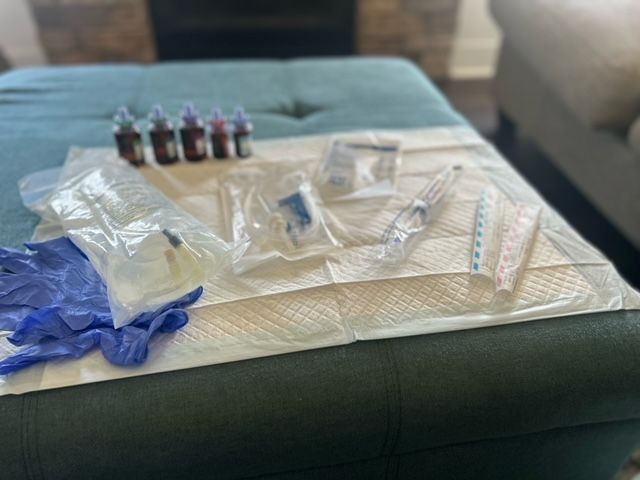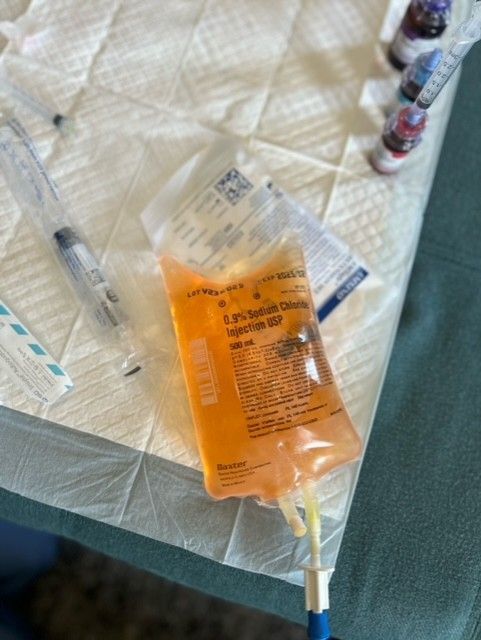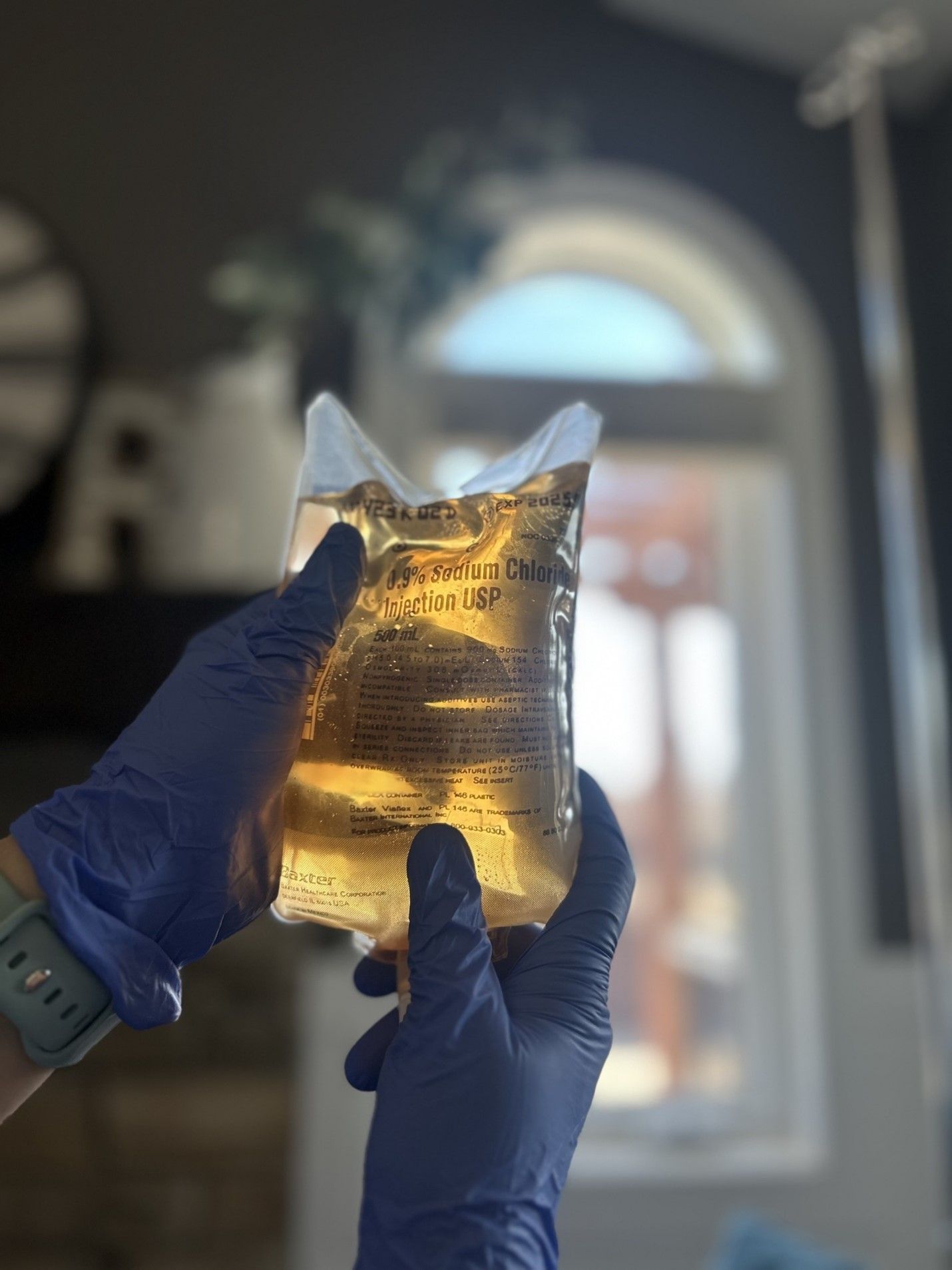Winter Wellness in Minnesota: Why Vitamin D Injections Matter More Than Ever
As the days shorten and Minnesota settles into its long, quiet winter, many of us feel the shift—lower energy, heavier moods, increased fatigue, lower immunity, and the pull to hibernate.
This isn’t just “winter blues.”
It’s often Vitamin D deficiency, one of the most common—and most overlooked—drivers of seasonal fatigue and immune challenges in northern climates like ours.
At Minnesota IV Hydration & Wellness, we help you stay ahead of the dark months by restoring optimal Vitamin D levels safely and effectively through medical-grade Vitamin D injections — and now, in-clinic Vitamin D blood testing to confirm your levels.
Vitamin D: Small Vitamin, Big Impact
Often called the sunshine vitamin, Vitamin D influences nearly every system in the body:
- Immune strength & inflammation control
- Mood balance + serotonin support
- Bone & muscle health
- Hormone + metabolic regulation
- Brain clarity & cognitive function
When levels fall, your body feels it. This is why people often notice more fatigue, irritability, and immune dips during winter months — especially here in Minnesota.
Why Minnesotans Are So Prone to Vitamin D Deficiency
We simply don’t receive enough strong sunlight in fall and winter for the body to produce Vitamin D.
By late fall, most Minnesotans are already low.
Those most at risk include:
- Anyone living in northern climates
- Individuals who spend most time indoors
- People with darker skin tones
- Adults 50+
- Those with gut absorption issues
- Individuals who avoid dairy or supplement inconsistently
This is why we focus on proactive support, not reactive treatment.
Vitamin D Injections vs Oral Supplements
Oral Vitamin D Vitamin D Injection
-------------------------------- -----------------------------------------------
Must be absorbed through the gut Bypasses gut for direct bioavailability
Slow to raise levels Rapid + predictable increase
Variable absorption Consistent, reliable dosing
Daily compliance needed Typically monthly dosing
Ideal only for mild deficiency Excellent for moderate or severe deficiency
For individuals who struggle with gut absorption, autoimmune issues, or chronic inflammation, injections are a game-changer.
Now Offering Vitamin D Testing In-Clinic
To make your care simple and comprehensive, we now offer Vitamin D level testing right in the clinic.
This allows us to:
- Confirm deficiency
- Tailor your dosing
- Track progress over time
- Create personalized seasonal wellness plans
You no longer need to go to an outside lab — we can check your level and treat you in one seamless visit.
Optimal care means knowing your baseline — then building a plan around you.
Bring recent labs if you have them — or we’ll take care of it during your appointment.
Your Visit: What to Expect
- Brief wellness + supplement review
- Vitamin D level check (if needed)
- Personalized dosing by a licensed provider
- Quick intramuscular injection
- Supportive winter wellness recommendations
You’ll be in and out smoothly — and on your way to brighter days ahead.
Winter Wellness Pairings
For deeper seasonal support, many clients add:
- Tri-Immune Boost
- B12 or MICC Injections
- Glutathione Injections or Infusions
- Wellness IV drips
- Light therapy + morning sunlight routines
Simple steps, significant impact.
Book Your Appointment
Now is the time to build winter resilience — not wait for symptoms to appear.
📍
Andover Clinic
📱
Text/Call: 763-232-9517
🌐
Book Online: (Insert scheduling link)
✨
Seasonal Wellness Special
Pair a Vitamin D injection with a Tri-Immune or IV drip for bundled winter pricing.
Stay Well, Stay Bright
Winter can be long — but your energy, mood, and immune system don’t have to dim with the season.
Your health is worth protecting — especially when the days get darker.
We’re here to help you stay well through it all.
